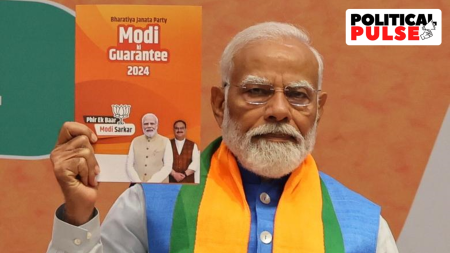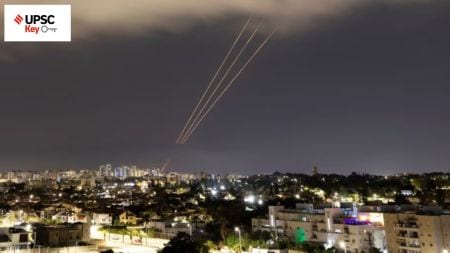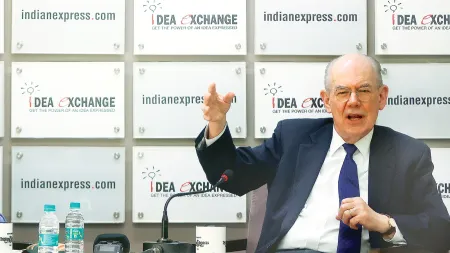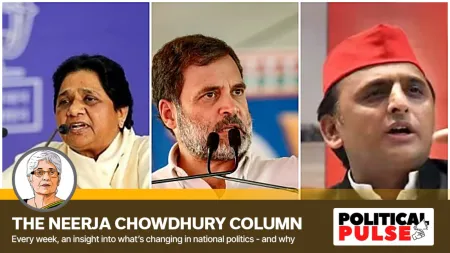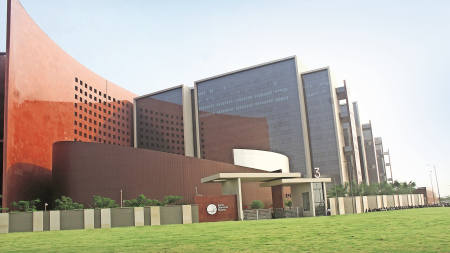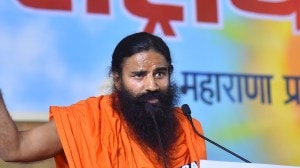- India
- International
As Karnataka considers ‘love jihad’ law, IPC Sec 366 already in use against interfaith marriages
Forty-one cases filed under Section 366 over the last five years are currently pending trial in Bengaluru.
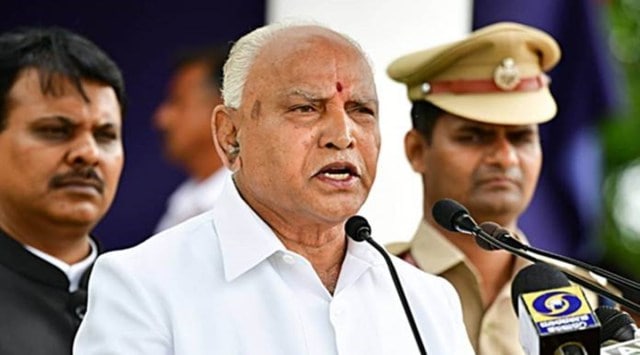 The Karnataka government Tuesday announced that it will set up special paediatric Covid-19 care centres in all 30 districts of the state. (File photo)
The Karnataka government Tuesday announced that it will set up special paediatric Covid-19 care centres in all 30 districts of the state. (File photo)In October 2019, a 25-year-old software engineer in Bengaluru told a trial court that an engineering college mate had not coerced her into marrying him in 2014. She said she had married him of her own accord, and that she never gave a statement to police of being kidnapped or being coerced into marriage.
The statement came after the woman’s now-estranged husband was charged under IPC Section 366 of kidnapping and coercing her into marriage by the trial court on the basis of a complaint lodged at a police station in central Bengaluru. The complaint was filed at the time of their wedding by the woman’s family, who were opposed to their inter-caste marriage.
Even as Karnataka has followed other BJP-ruled states in claiming the need for a special law to stop what Hindutva outfits call “love-jihad” – inter-religious marriages involving Hindu women -– an existing provision in IPC is often used in Karnataka to stop interfaith, inter-caste relationships between adults.
Forty-one cases filed under Section 366 over the last five years are currently pending trial in Bengaluru. The cases involve elopement and marriage of young adults, with 35 cases featuring Hindu couples and six cases featuring interfaith couples, according to court and police records for the cases.
READ | Explained: Uttar Pradesh’s ‘love jihad’ law, and why it could be implemented vigorously

IPC Section 366 deals with kidnapping, abducting and coercing a woman into marriage. It states: “Whoever kidnaps or abducts any woman with intent that she may be compelled, or knowing it to be likely that she will be compelled, to marry any person against her will, or in order that she may be forced or seduced to illicit intercourse, or knowing it to be likely that she will be forced or seduced to illicit intercourse, shall be punished with imprisonment of either description for a term which may extend to ten years, and shall also be liable to fine.”
In normal course, the section is applied in conjunction with the Protection of Children from Sexual Offences Act, 2012 — when minors are involved — but is often also applied in cases involving women above the age of 18 in complaints of elopement.
“If the woman is a major in a case filed under Section 366, the prosecution of the case will depend on statement she makes in court about charges against the accused. If the woman says she went of her own volition and she is a major, then there is no case for prosecution in such a situation,” a divisional police officer in Bengaluru said.
If cases where Section 366 has been invoked along with POCSO Act is considered, 422 cases from the last five years are pending trial in Bengaluru, with 357 cases of Hindu couples, 54 involving Muslim-Hindu couples, and 11 with Christian-Hindu couples, according to court records.
While proposed anti-“love jihad” laws – UP Governor Anandiben Patel on Saturday gave assent to an ordinance aimed at curbing forcible or fraudulent religious conversions, including those for marriage, with the new law providing for jail term of up to 10 years for violations – aims to tackle inter-religious conversions for marriages, some legal experts say existing sections of the IPC – such as 366 – are already being used as tools by the police in interpersonal relationships — when these relationships are opposed by family members.
Former state public prosecutor B T Venkatesh said, “The police are enforcing the IPC section on kidnapping to intervene in relationships. There is no necessity for a new law that will outlaw ties between two consenting adults. A law to curb inter-religious relationships will be virtually untenable. It will not have legs to stand. It will go against principles of the Constitution.”
READ | Tripura: Hindu outfit demands ‘UP-style love jihad’ law, blocks national highway
The Indian Majority Act of 1875 says a person is an adult at the age of 18 and that she/he can enter into contracts (marriage is considered a contract), while Article 25 of the Constitution guarantees freedom of conscience, freedom to profess, practice, and propagate religion to all citizens, Venkatesh said.
Incidentally, in 2009, a division bench of Karnataka High Court had asked Karnataka Police’s CID to look into allegations of “love jihad” in the marriage of one Silja Raj, 18, from Chamarajnagar area of Bengaluru with Asghar Nazar, 24, from Kannur in Kerala. In an interim CID report filed in HC on November 13, 2009, the then DGP, Ajay Kumar Singh, reported that the marriage did not involve “love jihad”, as alleged in court on behalf of Silja’s father C Selvaraj.
“There seems to be no prima facie evidence of ‘love jihad’ in the case…. Silja Raj has married Asgar out of her own volition,’’ the police chief told the court in his interim report. Based on the CID’s interim report, the court told Silja Raj that she was free to go where she wanted. She chose to go with her husband.
Buzzing Now
Apr 16: Latest News
- 01
- 02
- 03
- 04
- 05




